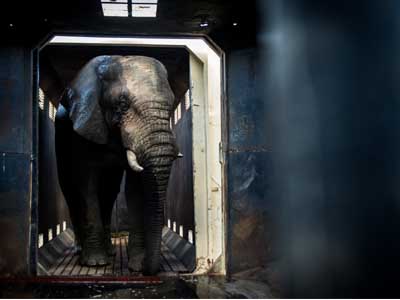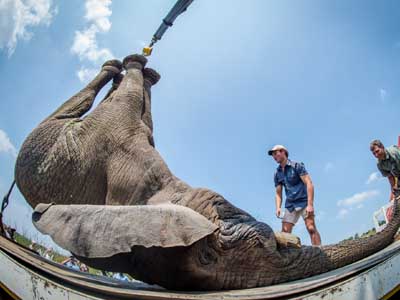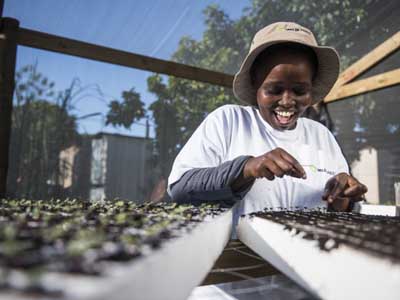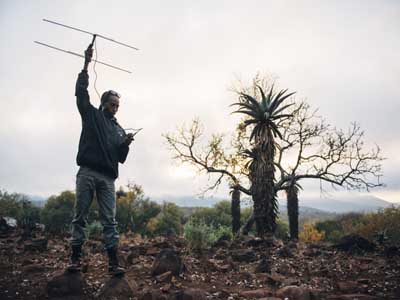Over 4000 “green-preneurs” across the country regularly gather at ‘Green Futures Stores’ in their communities. These stores form part of an innovative programme by NGO, the Wildlands Conservation Trust, whereby individuals exchange trees or recyclable waste for food, clothes, education support, building material, water tanks, solar water heaters, solar powered lighting and bicycles.
Through Wildlands’ Indigenous Trees for Life initiative people in need in rural and township communities are trained to grow trees from seed in order to barter them for goods once they reach a certain height. ‘Waste-preneurs’ collect recyclable material and receive credit according to the weight of the material. Wildlands then ensures the trees are planted back into the community or used in reforestation projects and the various streams of waste are recycled.
Procurement Manager for the Wildlands Conservation Trust Debbie Farley says the project requires funding and donations to provide goods for the green-preneurs to purchase with their credit. “The products purchased range from basic foodstuffs such as sugar, rice, cooking oil and tinned goods, to bicycles and Jojo tanks for rainwater harvesting.”
The South African Sugar Association (through their Development Department) runs the Sugar Donation Programme. This Social Investment initiative focuses on providing monthly sugar donations to NGOs working with people who find themselves in persistently poor circumstances. The focus is on people without sustainable support to overcome problems of homelessness, emotional instability, household food insecurity, substance abuse and unemployment.
The South African Sugar Association (SASA) donated 11 000 kg of sugar to the value of R68 671 to Wildlands Conservation Trust in 2010/2011 and this has helped Wildlands supply one of the most popular items at Green Futures Stores.
Thandeka Mazibuko, Programme Administrator for SASA, said “Wildlands contributes by addressing the challenges of household food insecurity while also improving the environment. The programme contributes to sustainable development and supports vulnerable groups, this is important to SASA, particularly for those individuals residing within the sugarcane growing communities.”






